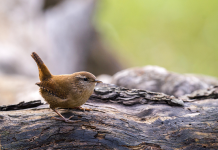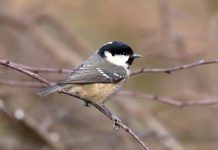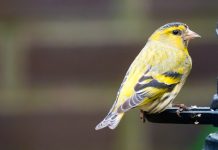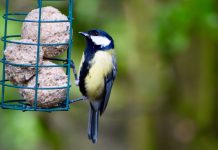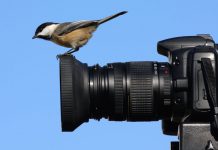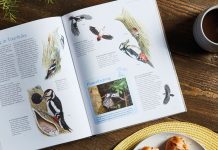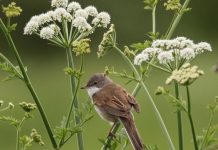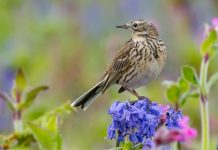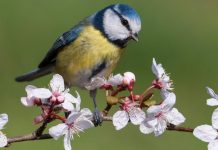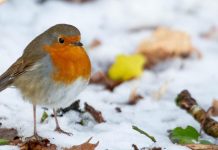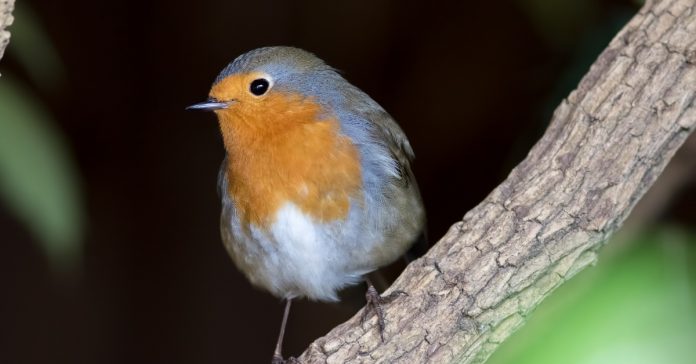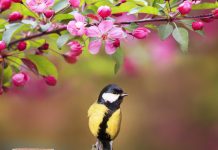National Garden Wildlife Week runs from the 31st of May to the 6th of June 2021. It’s a week created to celebrate wildlife-friendly spaces in your garden. From nest boxes to bee hotels with our support we can help wildlife flourish.
Not a fan of using pesticides in your garden? Mother nature has its own way of keeping on top of pest control – just as there are a variety of helpful insects you can encourage into your garden, there are a whole load of amphibians and mammals you should hope to see making themselves at home in your greenery.
Garden Birds
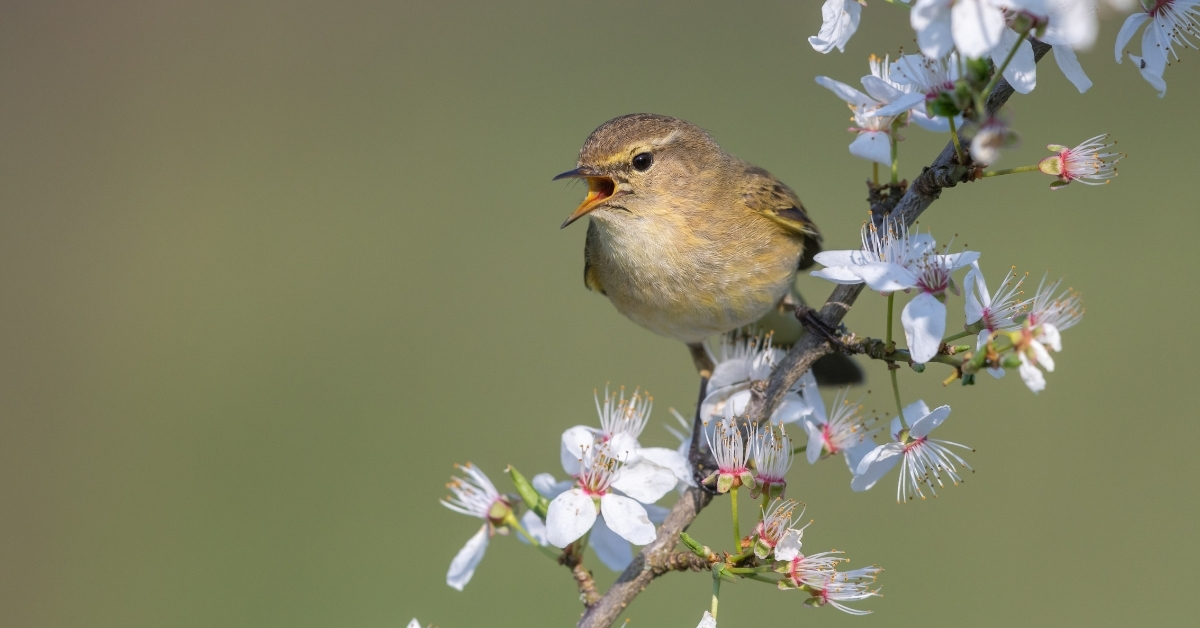 We’re always happy to see beaks making themselves at home on our feeders. But if you’re a keen gardener, there’s even more of a good reason to be encouraging your feathered friends to pay a visit to your garden. Not only will they make for fascinating watching, but garden birds will also gladly help you keep on top of any pesky pests bothering your crops and flowers.
We’re always happy to see beaks making themselves at home on our feeders. But if you’re a keen gardener, there’s even more of a good reason to be encouraging your feathered friends to pay a visit to your garden. Not only will they make for fascinating watching, but garden birds will also gladly help you keep on top of any pesky pests bothering your crops and flowers.
Birds will help themselves to any insect buffet your garden has to offer, as well as beetles, slugs, snails, and spiders. Robins, wrens, and tits in particular will be fantastic for snacking on any harmful beetles. To encourage birds to your garden, simply put out a variety of feed, from aflatoxin tested peanuts to a seed mix, and watch the birds flock to your garden. It’s a good idea to offer a source of water for them to drink from too or a birdbath. You can even help them by putting up a nest box.
Bats
 While the other animals on our list will be taking care of your pest population during the daytime, bats have got the nocturnal hours covered. There are 18 species of bats native to Britain, but the breed you’re most likely to see flapping around at dusk is the common pipistrelle. The common pipistrelle can eat over 3,000 insects in a single night, so will be a welcome addition to your nighttime garden.
While the other animals on our list will be taking care of your pest population during the daytime, bats have got the nocturnal hours covered. There are 18 species of bats native to Britain, but the breed you’re most likely to see flapping around at dusk is the common pipistrelle. The common pipistrelle can eat over 3,000 insects in a single night, so will be a welcome addition to your nighttime garden.
Bats locate their food by emitting high pitched squeaks as they fly, locking onto the tiniest echoes that bounce back from their tasty prey. They can be quite fussy about where they choose to roost, but if you put up a bat box on one of your garden trees you might be lucky enough to see a family of bats move in.
Frogs and Toads
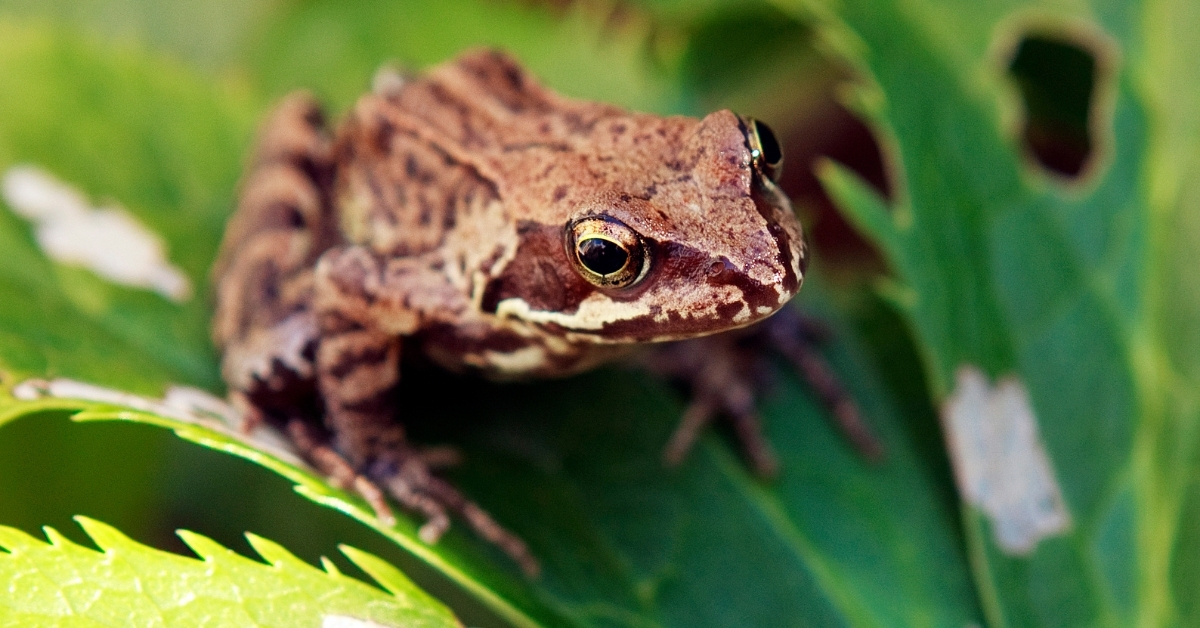 These fantastic amphibians are wonderful natural pest control. Snails and slugs are particular favourites of theirs, but they will eat a variety of other insects, too. In fact, a single toad will eat around 10,000 insects throughout a single summer! Their tadpoles will nibble away at algae in your pond too, which will help to keep the water clean.
These fantastic amphibians are wonderful natural pest control. Snails and slugs are particular favourites of theirs, but they will eat a variety of other insects, too. In fact, a single toad will eat around 10,000 insects throughout a single summer! Their tadpoles will nibble away at algae in your pond too, which will help to keep the water clean.
If you don’t already have a pond in your garden, it’s a great thing to consider installing – not only will animals like frogs and toads make themselves at home, but it will also be an enticing source of water for other animals like hedgehogs. Remember to include a gently sloping side to any pond you create, though, so that smaller creatures will be able to escape if they fall in accidentally.
Hedgehogs
 Hedgehogs are fascinating creatures that you can spot around the British countryside, but they’ll also make a hefty dent in your slug population, too. Snails, beetles, and a variety of other insects will also be on the menu, so you can rest assured that your garden is in good hands if you spot one of these spiky fellows snuffling around. Remember not to use slug pellets, though, as these could poison any hedgehogs who come into contact with the slugs or snails in your garden.
Hedgehogs are fascinating creatures that you can spot around the British countryside, but they’ll also make a hefty dent in your slug population, too. Snails, beetles, and a variety of other insects will also be on the menu, so you can rest assured that your garden is in good hands if you spot one of these spiky fellows snuffling around. Remember not to use slug pellets, though, as these could poison any hedgehogs who come into contact with the slugs or snails in your garden.
Check any bonfire piles before you light them during the colder weather, as hedgehogs might be hibernating in the abandoned debris. They’ll also snuggle down in any piles of leaves scattered around your garden – check these carefully before you move them. You can offer them alternative accommodation with a hedgehog house.
Hedgehogs will also be happy to have any supplementary food you have available – cat or dog biscuits and a little dish of water will be gratefully received. Avoid offering mealworms if you can help it, as the high phosphorus content makes their bones brittle.
Slow worms
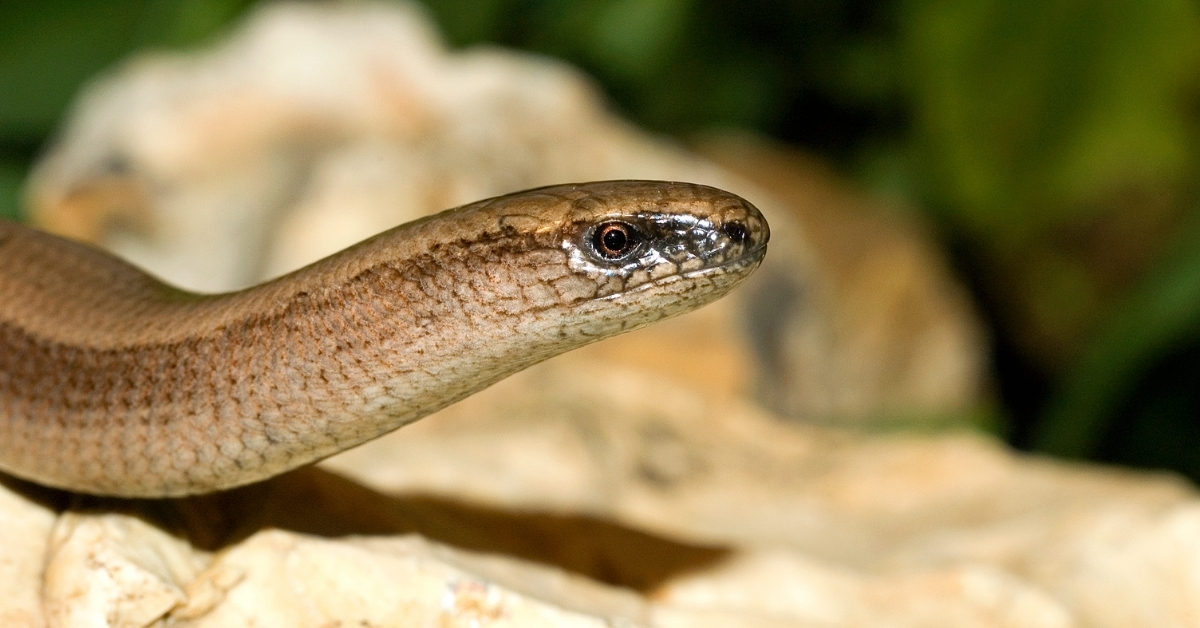 Another animal that will love to munch on any slugs your garden has to offer is the slow worm. They’ll also be happy to eat any snails or other small invertebrates dotted around your garden. You’d be forgiven for thinking that slow worms look like snakes, but these fascinating creatures are actually lizards – despite the fact they’ve got no legs!
Another animal that will love to munch on any slugs your garden has to offer is the slow worm. They’ll also be happy to eat any snails or other small invertebrates dotted around your garden. You’d be forgiven for thinking that slow worms look like snakes, but these fascinating creatures are actually lizards – despite the fact they’ve got no legs!
Slow worms will be all too happy to make your compost heap their home, as they love the warmth emitted by the undisturbed decomposing organic matter. Or you can lay down a small strip of old carpet, rubber mat, or corrugated iron sheet, which they can soak up the heat under.
How many of these friendly creatures have you spotted in your garden? Let us know over on our Facebook page!

